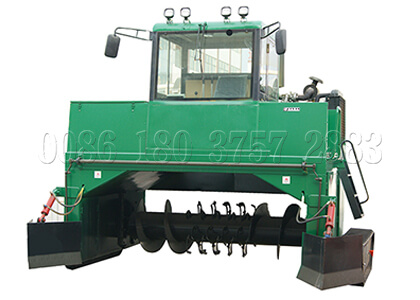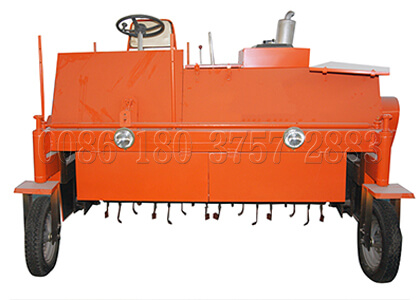How to compost
Compost could be of usage to gardeners whether or not they reside in an apartment or have large yards where they could engage in their hobby. Compost acts as a natural fertilizer helping to avoid the use of chemicals, thus making your produce organic and healthy.
What can be used for composting
To produce compost the only thing you require is a bin or area to help make the compost and some knowledge on the way to make compost. Bins are certainly not necessary, but help to keep the compost pile confined and covered minimizing muck and odor. In case you are composting within the garden select a spot containing grass and soil and contains some sun. Bins may be of numerous sizes and you can even use a bucket for the compost.
Why to compost
Compost is produced by making use of organic material and mainly requires the use of green and brown material. Greens are wet can give the compost its needed nitrogen, while the browns are dry and will provide it with carbon. Greens may be scraps from vegatables and fruits, tea leaves, coffee grounds, garden waste, weeds who have no seeds, as well as freshly mown grass. Browns may come from dry leaves, sawdust, hay, wood chips, dried grass and weeds and paper which has been shredded. Meat, fish, eggs, dairy food, pet waste, plastic, and synthetic material must never get into a compost pile. You can compost eggshells, rice, pasta, bread, hair, wool, and cotton, however these combined with the "will not compost" list are better brought to food waste digesters.
Start to composting
Your compost pile in a bin or pit should be started having a generous layer of browns at the end. Afterwards you need to alternate layers of greens and browns and see if you can use browns in quantities that are two to three times that relating to the greens. All material that goes into the compost pile has to be no more than possible because it then fails faster. Larger material and that manufactured from wood can take too much time to make the compost. Store up all the leaves that fall in your yard during autumn and use them for the browns which are needed in greater quantities. Shredded newspaper, straw or sawdust can still allow you to make up the required quantities. Soil can be added at any time and will help you to introduce the organisms which are component of it, and that can assist to accelerate the composting process. Always developing a layer of soil on the top helps to reduce
odors and pests.
Benefit for composting
Compost can be influenced by water and air, but this will not need to concern you in case you are not in a big hurry to the compost. Just go on adding to the pile at regular intervals as well as in the proper proportions. Compost piles have live micro-organisms and in a healthy pile, they will increase and create heat. These organisms also need water which may be added, when the greens will not be adding sufficient moisture. The compost pile is moist enough when it feels damp on the hand and fails to drip when squeezed. Stir and turn the pile every day or two to give it the needed aeration. Mature compost may take up to six months time to make, will probably be dark brown and smell like earth. Have several bins or pits so your composting can be quite a continuous activity.




No comments:
Post a Comment